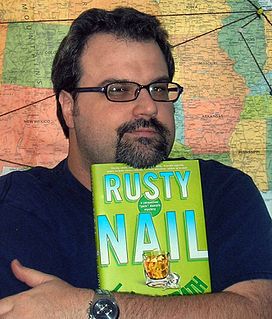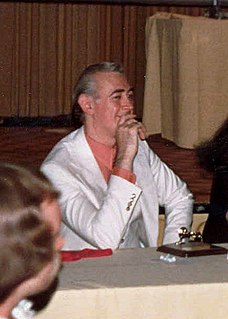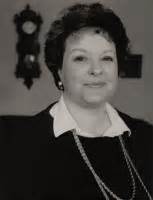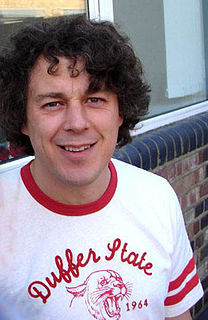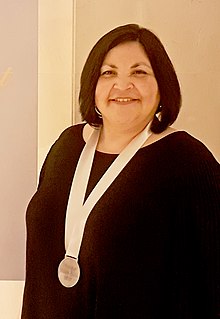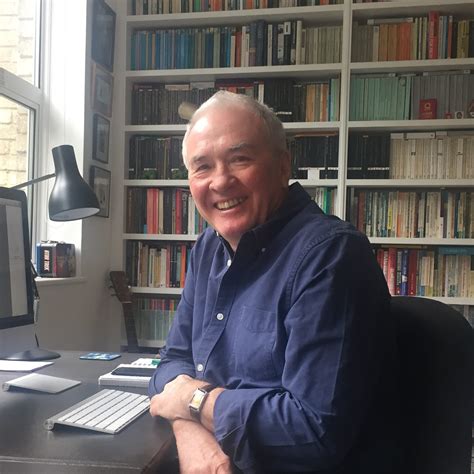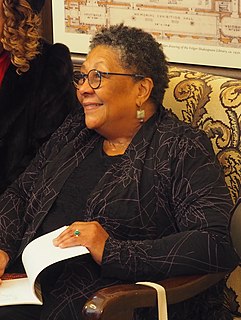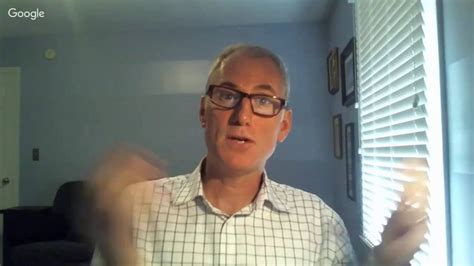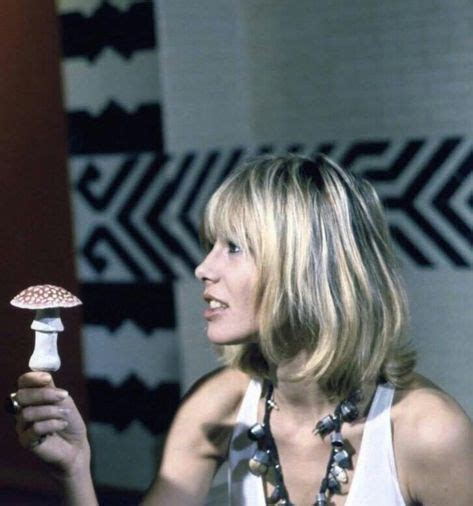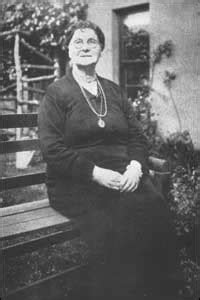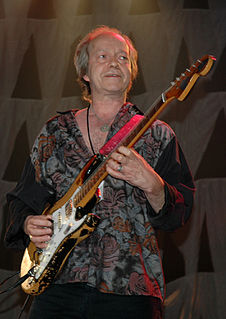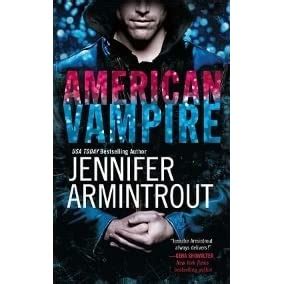Top 467 Publishers Quotes & Sayings - Page 5
Explore popular Publishers quotes.
Last updated on November 12, 2024.
I think what's happening with book advances is something that most of the world just doesn't fully appreciate, especially when it comes to nonfiction, because writing a book of investigative journalism is an expensive endeavor, and the system works best if you have publishers making bets on authors.
To rush in upon an event before its significance has had time to separate from the surrounding circumstances may be enterprising, but is it useful? ... The recent prevalence of these hot histories on publishers' lists raises the question: Should - or perhaps can - history be written while it is still smoking?
In North America, the medium-to-large publishers are generally confining investment to enhancements, upgrades and opportunities for incremental capacity and efficiency improvements, while among the smaller newspapers, there continues to be interest in systems that can provide a significant boost in production capabilities.





